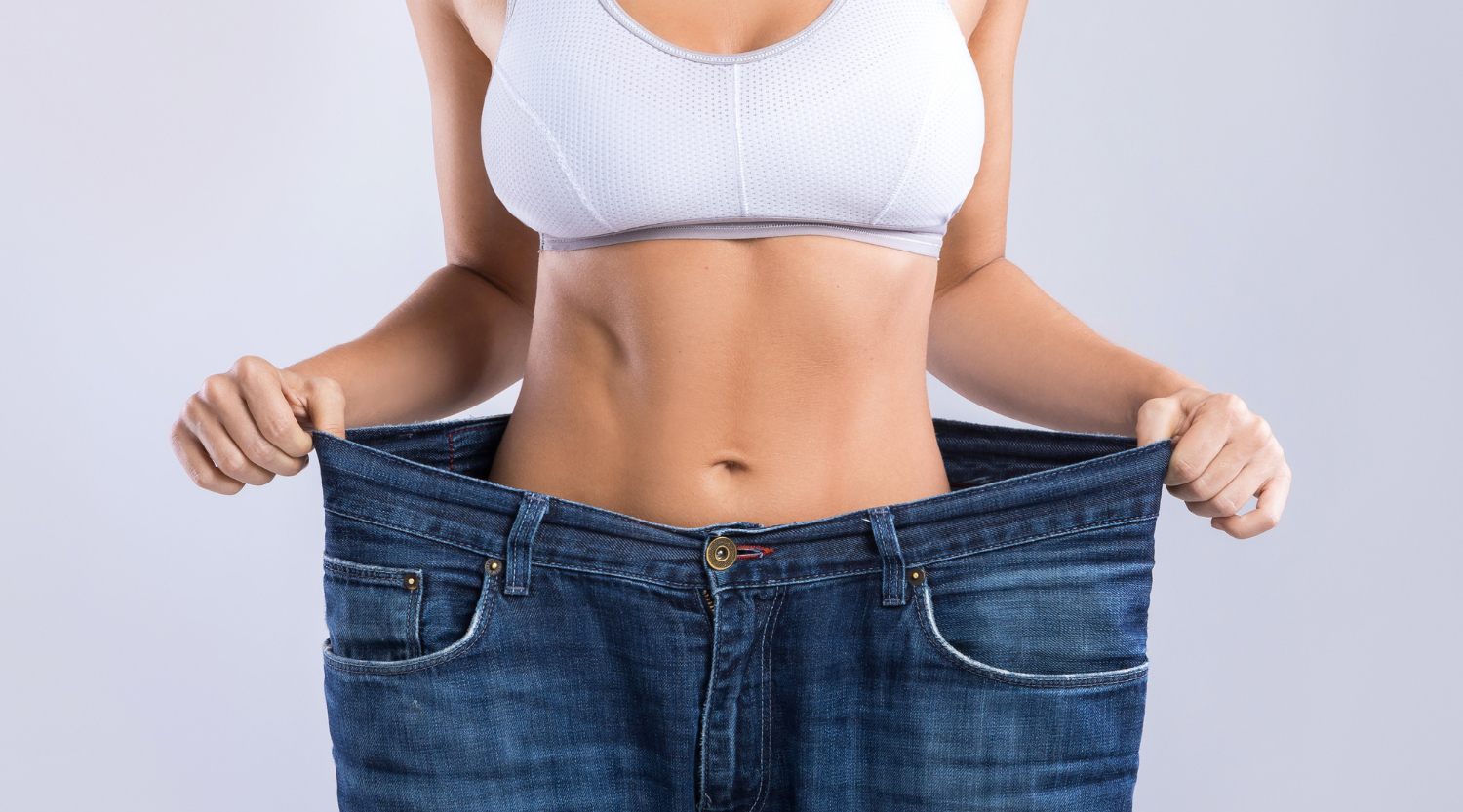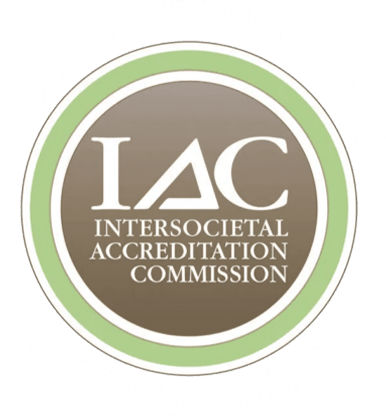
- Understand the Connection Between Varicose Veins and Weight Loss
- Consider Lifestyle Changes to Reduce Varicose Vein Symptoms
- Increase Blood Circulation with Regular Exercise
- Improve Your Diet to Aid in Weight Loss and Reduce Risk of Varicose Veins
- Know When to Seek Medical Treatment for Your Varicose Veins
- Frequently Asked Questions
Varicose veins can cause pain, swelling, cramps and discomfort. However, weight loss can have a huge impact on your varicose veins, improving the density and texture of your skin and potentially reducing their appearance. Learn more about expected changes before and after weight loss in this comprehensive guide.
Understand the Connection Between Varicose Veins and Weight Loss
While weight loss isn’t a cure-all for varicose veins, it can help to decrease their appearance as well as reduce your risk of developing further complications associated with them. This is because excessive weight forces your veins to work harder in order to pump blood throughout your body. Losing weight can reduce pressure on the veins, making it easier for them to do their job.
Consider Lifestyle Changes to Reduce Varicose Vein Symptoms
As well as losing weight, certain lifestyle modifications can also reduce the visibility and symptoms of varicose veins. Elevating your legs throughout the day and avoiding long periods of standing or sitting are important habits to get into. Regular exercise is also important for improving circulation in your legs, as well as for maintaining a healthy weight. Additionally, eating a balanced diet that is low in salt can help reduce swelling from fluid buildup in the lower extremities.
Increase Blood Circulation with Regular Exercise
Intentional and regular exercise is important for improving not just your overall health, but also the health of your veins. Cardiovascular exercises that increase blood circulation are especially effective for varicose veins, so aim to do at least 30 minutes of aerobic activity several times a week. When exercising with varicose veins, it’s best to avoid movements that put extra strain on the legs and feet where the vessels are located—such as running, jumping and other high-impact exercises. Instead, opt for activities such as swimming, yoga, cycling or brisk walking.
Improve Your Diet to Aid in Weight Loss and Reduce Risk of Varicose Veins
The food and drinks that you consume can also have an impact on varicose vein development. Eating a healthy, balanced diet with plenty of fiber, vitamins, and healthy fats like omega-3 fatty acids can reduce the risk for varicose veins or help improve existing veins. On the other hand, consuming too much salt or unhealthy fats may worsen veins, so be sure to limit your salt intake and keep your fat ratio to no more than 25% of your daily calorie intake.
Know When to Seek Medical Treatment for Your Varicose Veins
It is important to remember that there are times when it may be best to seek medical treatment for your varicose veins. If you are experiencing severe pain, discomfort, or any other symptoms associated with varicose veins like leg heaviness, swelling, etc., contact a physician right away. Persistent inflammation or a vein that fails to respond to at-home treatments may also signal the need for medical intervention.
Frequently Asked Questions

IAC Accredited Vascular Testing
We are proud to be distinguished as an IAC Accredited Vascular Testing Facility. The Vein Institute adheres to the strictest national guidelines for vascular testing, demonstrating a commitment to the highest quality patient care.
Known as CVI, chronic venous insufficiency, is a medical condition in which the veins are unable to pump enough oxygen-poor blood back to the heart. It’s caused by damaged blood valves and often occurs after deep vein thrombosis or phlebitis. While women make up the majority of CVI sufferers, it’s also common among men who […]
Education is key to maintaining lifelong vascular health at The Vein Institute of Jacksonville. One of the most common questions we hear from patients is whether genetics can predict their risk for developing Chronic Venous Insufficiency (CVI). Let’s explore the connection between family history, vein disease, and the steps to stay ahead of symptoms. What […]
Chronic venous insufficiency is a condition that affects millions of people around the world, and yet it often goes unrecognized. In this article, we’ll discuss what chronic venous insufficiency is, what its symptoms are, and why it’s important to seek medical help if you think you may be suffering from it. Let’s get started! Introduction […]




